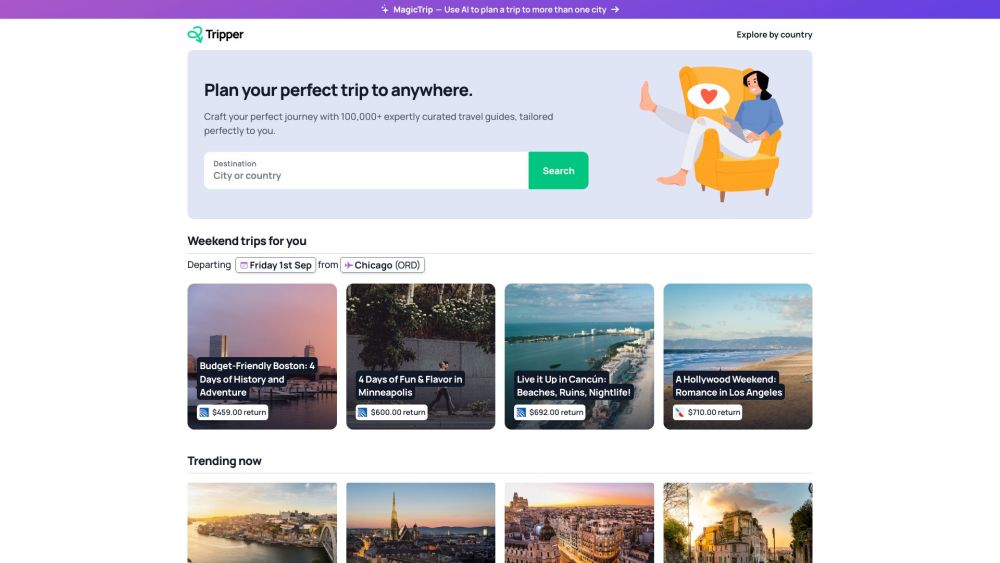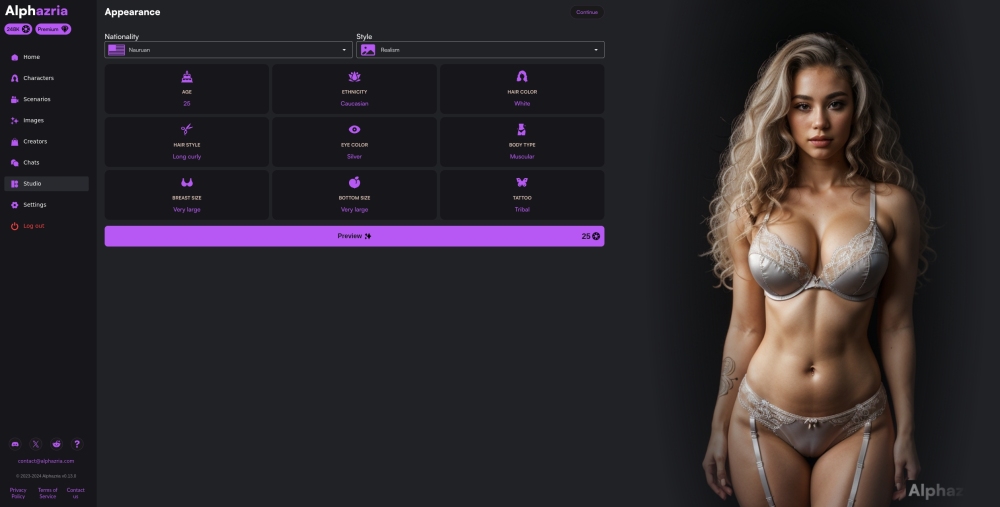AI-driven photo-sorting app GoodOnes recently secured $3.6 million in seed funding and launched in the Apple App Store in April. Six months and 400 million photo sorts later, the app has rebranded to Ollie, marking a significant relaunch. We spoke with Ollie’s CEO and co-founder, Israel Shalom, to explore the reasons behind the name change and the insights gained since their initial launch.
Let's start with the new name.
“Ollie embodies our mascot, representing the AI,” Shalom shared. “Everyone loves it! Ollie is a charming little octopus that juggles your photos to uncover the gems. As we leaned more into the AI-driven approach, aligning our brand with Ollie felt natural, rather than having GoodOnes alongside Ollie.”
Originally, GoodOnes aimed to help users tackle what Shalom refers to as the “photo mess” by sorting through images and videos, identifying favorites, keepsakes, and those that should be permanently deleted. The app alleviates the frustration of searching for cherished photos while optimizing storage.
It's no surprise that GoodOnes opted for a name change—Ollie is undeniably adorable! Good job, Ollie!
The Ollie team claims its AI can analyze and categorize a week’s worth of your photos in under 60 seconds—faster than many manual efforts.
The Ollie app adapts to your unique preferences. As Shalom explains, it predicts which photos you’ll want to save and which to discard. You can either accept Ollie’s recommendations with a click or tweak them, allowing the AI to learn from your choices and refine its accuracy over time.
“We see that the model evolves for each user, improving its effectiveness as it learns individual preferences,” Shalom noted. “People have different tastes, and that makes a difference.”
The seed funding has enabled the growth of the engineering team and a shift towards enhanced AI photo sorting. Shalom remarked that societal perceptions of AI have also transformed significantly in the past year. “Initially, many were hesitant to trust AI with their precious photos," he said. "Now, people expect it: ‘Can’t AI handle this task for me?’”
Despite this growing acceptance of AI's capabilities, Ollie is dedicated to maintaining user trust regarding privacy and photo handling.
“What we discovered is that people really care about their photos, especially those of their children,” Shalom emphasized. “This is a core value for us and has guided our technological decisions.”
Ollie's AI runs locally on your device, ensuring photos remain private and never transferred to the cloud. When I asked Shalom about potential quality assurance challenges due to this localization, he acknowledged the complexity but affirmed their innovative systems address it. The app includes an easy bug reporting feature and a customer success representative who gathers user feedback, creating a database of issues for algorithm enhancements.
While the app doesn’t share actual images with the team, it collects data on user preferences that help fine-tune the system. I was curious whether Ollie has been able to identify trends regarding what users prefer or what photos are deemed less desirable. In essence, what constitutes a “good photo”?
“It’s incredibly personal,” Shalom replied. “People have vastly different opinions—some view their food photos as worthless, while others cherish them. For parents, photos of their kids are the most significant.”
Looking toward the future, Shalom is optimistic about the AI's potential for further learning and improving support for users managing their photo collections.
“The photo mess is a real problem and it remains unsolved,” he said.
Ollie is currently available for download, free of charge, on the Apple App Store. In the coming months, the company plans to implement a subscription model, likely priced at $39.99 per year.





